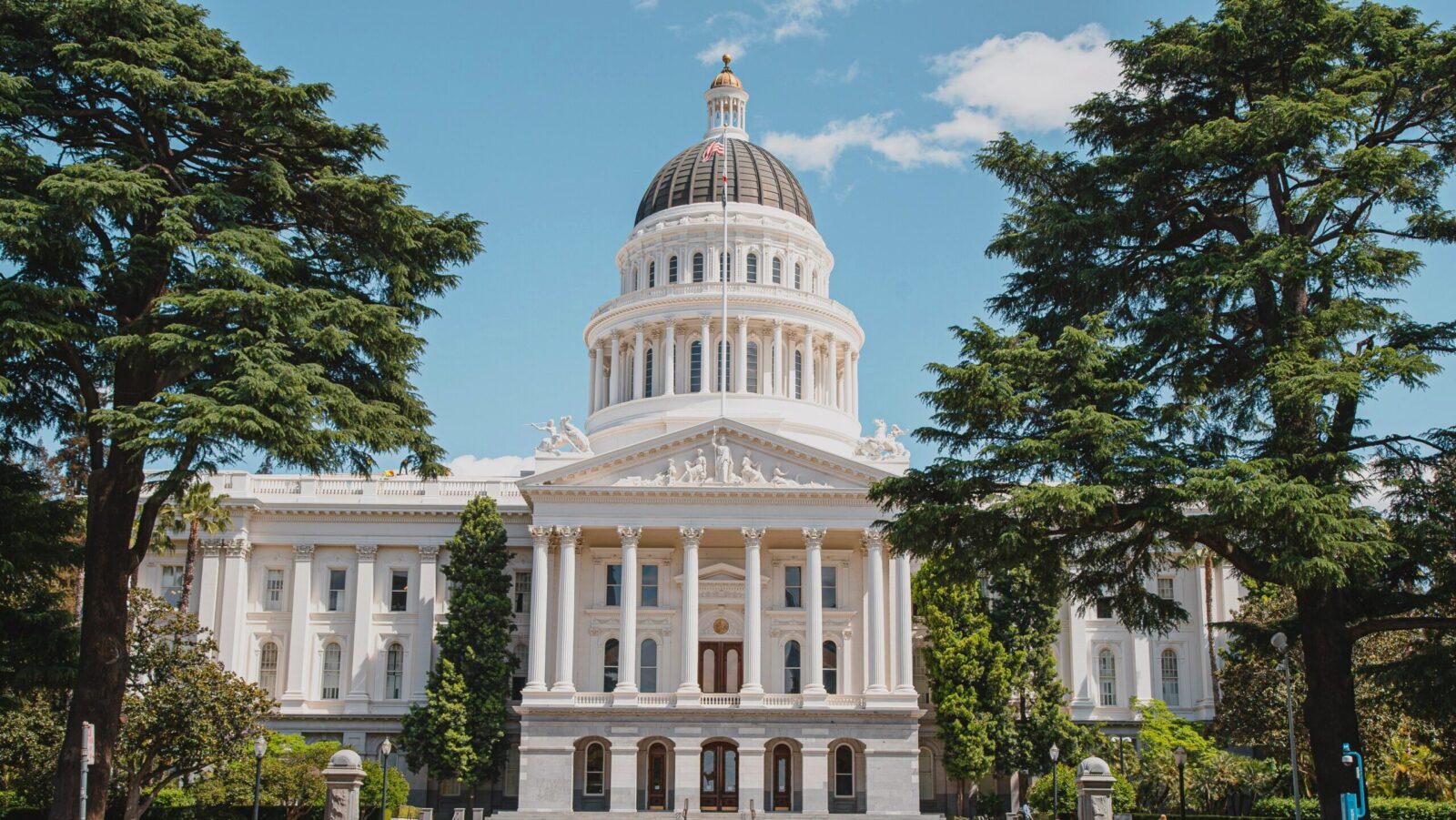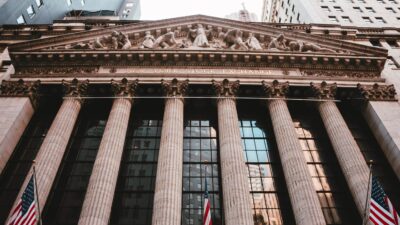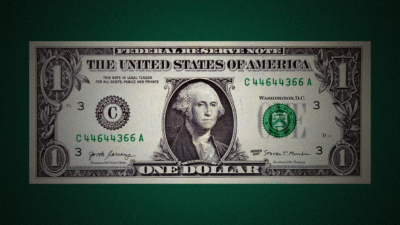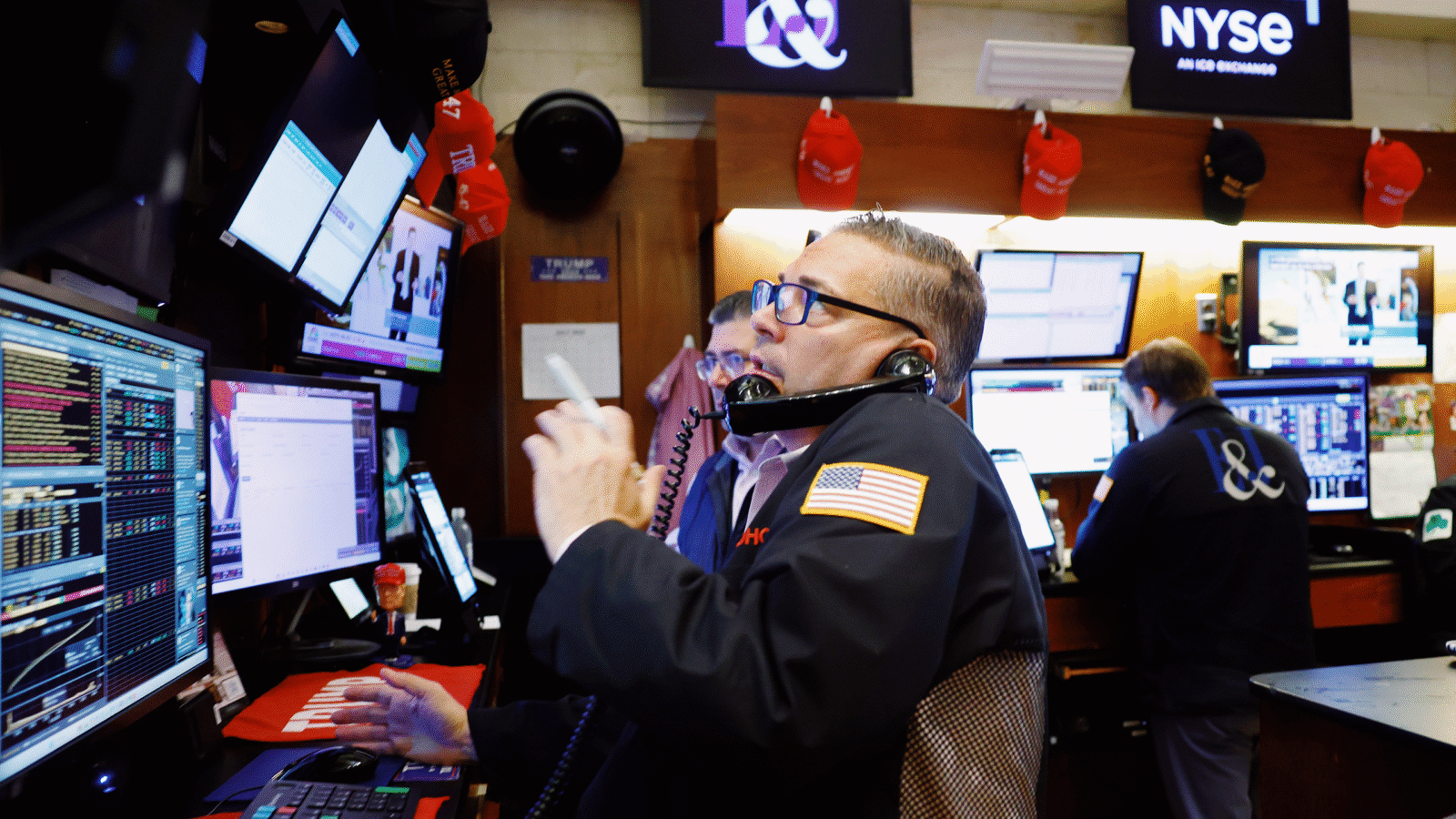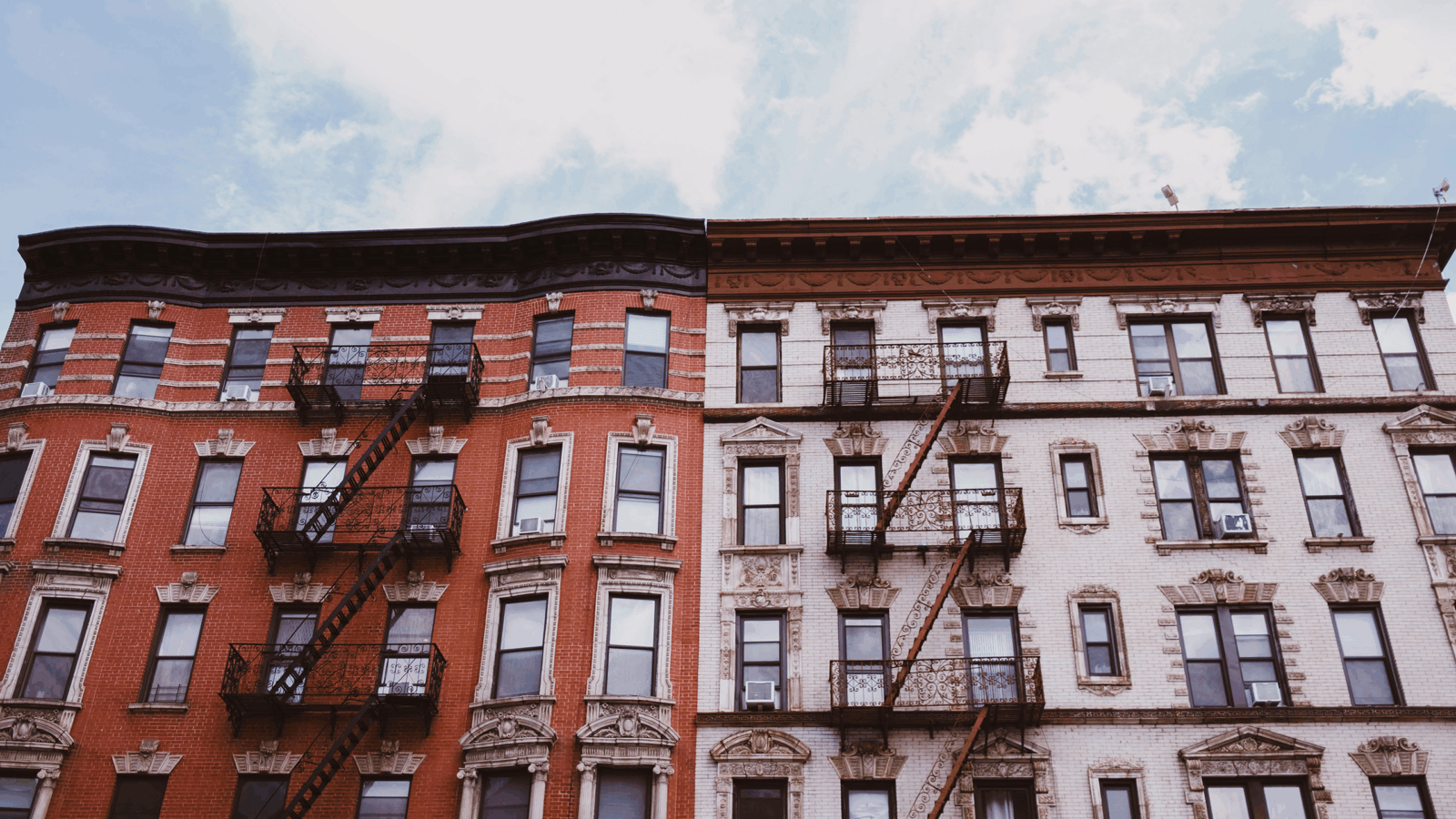
Sign up for smart news, insights, and analysis on the biggest financial stories of the day.
It’s a quandary worthy of Shakespeare: Are we, or are we not, in a recession? The answer, it turns out, may depend on your tax bracket.
The unemployment rate still hovers around historic lows, inflation is finally falling, and GDP keeps ticking up. But for high-earning Americans, fresh off a couple of rollicking pandemic years, it’s beginning to feel a bit more like a recession, according to a recent analysis by The Wall Street Journal.
Down and Out in the Metropolitan and Union Clubs
Oh, how the tables have (slightly) turned. Thanks to the tight labor market, wage growth among lower-paid and less-educated laborers has finally outstripped that of their higher-paid and higher-educated counterparts after four decades of increasing wage inequality, according to a recent research paper published by the National Bureau of Economic Research. That dovetails with Labor Department data that shows recent wage growth among the highest earners in the bottom 10% has surpassed the rate of inflation, while those in the 90th percentile have seen wages fall behind rising prices. Meanwhile, ritzy jobs in the New York City securities industry saw a sizable 26% haircut to typical end-of-year bonuses in 2022, down to, ahem, just $176,700, according to state-level data.
And it’s not just income where society’s upper crust (or, at least, the lowest rungs of the upper class) are feeling the sting. There’s a reason why newspaper business sections feature seemingly contradictory headlines about both historically low unemployment rates and massive waves of high-profile layoffs:
- Roughly one-third of layoffs announced by American companies this year have stemmed from tech; Meta, for example, where the median salary is nearly $300,000, has cut thousands of employees so far this year. Wall Street has been far from immune to layoffs this year as well.
- Meanwhile, Bank of America Institute economists say the number of households earning at least $125,000 getting unemployment benefits was up 40% in April compared to a year before, a spike five times that of households earning less than $50,000. And that’s only in the 30 states in which laid-off workers receive benefits via direct deposit — a list of states that crucially doesn’t include California and its ailing tech hub.
Trickled-Out: The downturn has led, unsurprisingly, to some belt-tightening. The Bank of America Institute economists also found that discretionary credit and debit card spending dipped in April year-over-year for high-income households, even though it increased for most other households.
Of Course…: Surely you’ve shed a crocodile tear or two by this point — high-earning Americans will likely be okay, even if they’re increasingly living paycheck to paycheck. But in California, home to an outsized share of the nation’s homeless population, loss of job or income was listed as the leading cause for homelessness in a new comprehensive study from researchers at the University of California. Meanwhile in Los Angeles, the homeless capital of the nation, rates soared roughly 10% last year, according to a recent annual report.
